- Get link
- X
- Other Apps
- Get link
- X
- Other Apps
Hemorrhagic strokes result from bleeding within the brain due to ruptured arteries. 5302018 People who experience this type of stroke in addition to other stroke symptoms will likely experience a sudden onset headache or head pain a warning sign that might not occur during ischemic stroke.
 Difference Between Ischemic Stroke Hemorrhagic Stroke In A Simpler Manner Ischemic Stroke Is The Stroke Caused Nurse Nursing School Survival Nursing Study
Difference Between Ischemic Stroke Hemorrhagic Stroke In A Simpler Manner Ischemic Stroke Is The Stroke Caused Nurse Nursing School Survival Nursing Study
The two types of hemorrhagic strokes are intracerebral within the brain hemorrhage or subarachnoid hemorrhage.
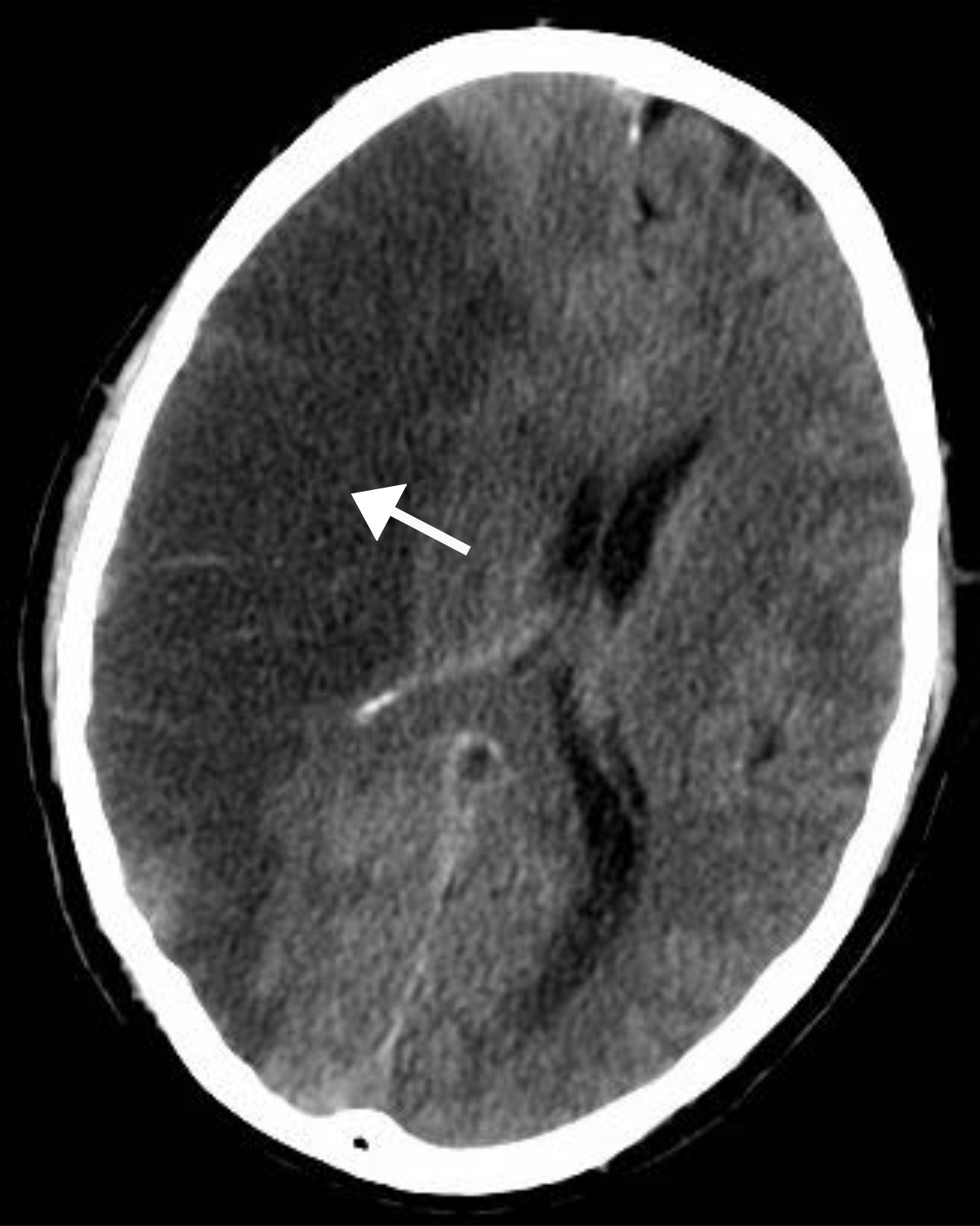
Ischemic stroke vs hemorrhagic stroke. Hemorrhagic stroke can cause severe damage not only because it restricts blood flow like an ischemic stroke but also because the blood from the burst or damaged vessel can injure the surrounding tissue. Hemorrhagic strokes are caused by bleeding in the brain. Aneurysms and arteriovenous.
An ischemic stroke is when blood vessels to the brain become clogged. Epidemiologic studies of stroke in the 1970s and 1980s have reported the percentage of ischemic stroke as 73 to 86 with hemorrhagic stroke as only 8 to 18. Lars Peter Kammersgaard MD Background and PurposeStroke patients with hemorrhagic HS and ischemic strokes were compared with regard to stroke severity mortality and cardiovascular.
Patho II Exam 5 Study Guide Neurological Disorders Stroke 8 Questions Hemorrhagic vs Ischemic Stroke Hemorrhagic. Deprived of blood which brings oxygen and nutrients brain cells begin to die. In our clinical work it appeared anecdotally to the authors that we.
1 An ischemic stroke happens when blood flow through the artery that supplies oxygen-rich blood to the brain. Hemorrhagic strokes expose the brain to irritating effects of blood and ischemic strokes reflect localized or diffuse cerebral vascular pathology. Hemorrhagic strokes are less common making up about 15 percent of stroke cases but they are often deadlier Sozener says.
312021 A stroke is a bleeding or clotting event that interferes with blood flow to the brain. A stroke is a medical condition where there is an interruption in blood flow to the brain. 3292018 It is estimated that 8292 percent of all strokes occurring in the United States are ischemic in origin.
Ischemic and hemorrhagic strokes have different pathophysiologies and possibly different long-term cerebral and functional implications. Most strokes 87 are ischemic strokes. 1202018 Ischemic strokes result from cut off blood flow due to a blocked vessel or low-flow state.
Hemorrhagic strokes are less common with only 15 percent of strokes being hemorrhagic. A hemorrhagic stroke is when bleeding interferes with the brains ability to function. Thrombus is formed in intracranial vessels o--Embolic.
A hemorrhagic stroke occurs when a weakened blood vessel ruptures. Learn about the health conditions and lifestyle habits that can increase your risk for stroke. The other kind of stroke called hemorrhagic or bleeding stroke is less common but more likely to be fatal.
Transient ischemic attack a warning or mini-stroke. Tom Skyhj Olsen MD PhD. Previous stroke and dyslipidemia are significant risk factors for ischemic stroke whereas hypertension is the only significant risk factor for hemorrhagic stroke.
Strokes are classified as either ischemic or hemorrhagic. More than four out of five strokes are ischemic the word means stopping blood in which a blood vessel supplying the brain is blocked. Smoking and alcohol consumption favored HS whereas age sex and hypertension did not herald stroke type.
An ischemic stroke is the impairment of blood supply to brain secondary to an obstruction in a cerebral vessel whereas a hemorrhagic stroke is the impairment of cerebral perfusion due to rupturing of a vessel. Hemorrhagic and Ischemic Strokes Compared Stroke Severity Mortality and Risk Factors Klaus Kaae Andersen MS PhD. Obstruction of blood flow o--Thrombotic.
Now that you generally know the two general types of stroke we can go into some of the subtypes. Ruptured vessel want to rule out if they are taking an anticoagulant Ischemic. The remainder was undetermined due to not performing computed tomographic CT scanning or an autopsy.
Formed outside of brain TIA vs Stroke TIA. Decrease level of consciousness has a significant correlation to hemorrhagic stroke incidence but there is no specific symptom correlate to ischemic stroke incidence. Hemorrhagic stroke is also called cerebral hemorrhage and it occurs when a vessel in the brain ruptures or begins to bleed.
Ischemic strokes are caused by blockage of an artery. The blood accumulates and compresses the surrounding brain tissue. Two types of weakened blood vessels usually cause hemorrhagic stroke.
1262017 Summary Ischemic vs Hemorrhagic Stroke When the cerebral blood supply is compromised that is known as a stroke. Factors favoring ischemic strokes vs HS were diabetes atrial fibrillation previous myocardial infarction previous stroke and intermittent arterial claudication.
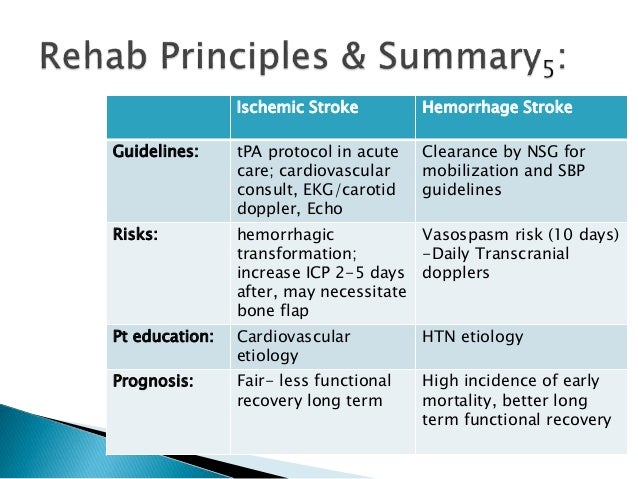 Hemorrhagic Vs Ischemic Stroke Prognosis Tpostrel
Hemorrhagic Vs Ischemic Stroke Prognosis Tpostrel
 Hemorrhagic Vs Ischemic Stroke Prognosis Tpostrel
Hemorrhagic Vs Ischemic Stroke Prognosis Tpostrel
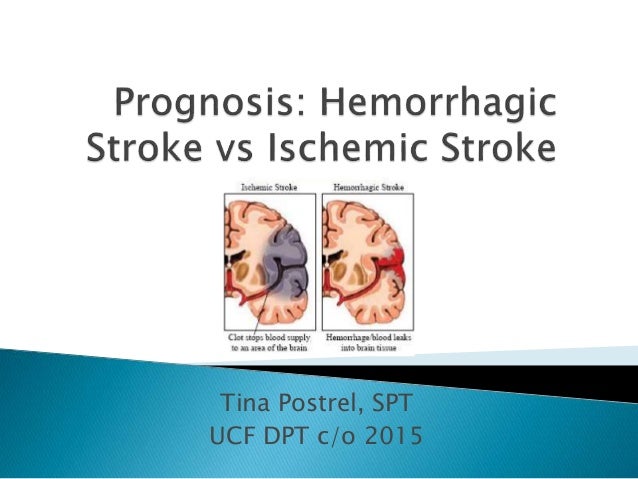 Hemorrhagic Vs Ischemic Stroke Prognosis Tpostrel
Hemorrhagic Vs Ischemic Stroke Prognosis Tpostrel
 2 Imaging In Ischemic Versus Hemorrhagic Stroke In A Patient With Download Scientific Diagram
2 Imaging In Ischemic Versus Hemorrhagic Stroke In A Patient With Download Scientific Diagram
 Hemorrhagic Vs Ischemic Stroke Stroke Prevention Soft Tissue Injury Stroke Awareness
Hemorrhagic Vs Ischemic Stroke Stroke Prevention Soft Tissue Injury Stroke Awareness
 Can Artificial Intelligence Tell The Difference Between Ischemic And Hemorrhagic Stroke Young Scientists Journal
Can Artificial Intelligence Tell The Difference Between Ischemic And Hemorrhagic Stroke Young Scientists Journal
 Ischemic Vs Hemorrhagic Stroke Mri Page 1 Line 17qq Com
Ischemic Vs Hemorrhagic Stroke Mri Page 1 Line 17qq Com
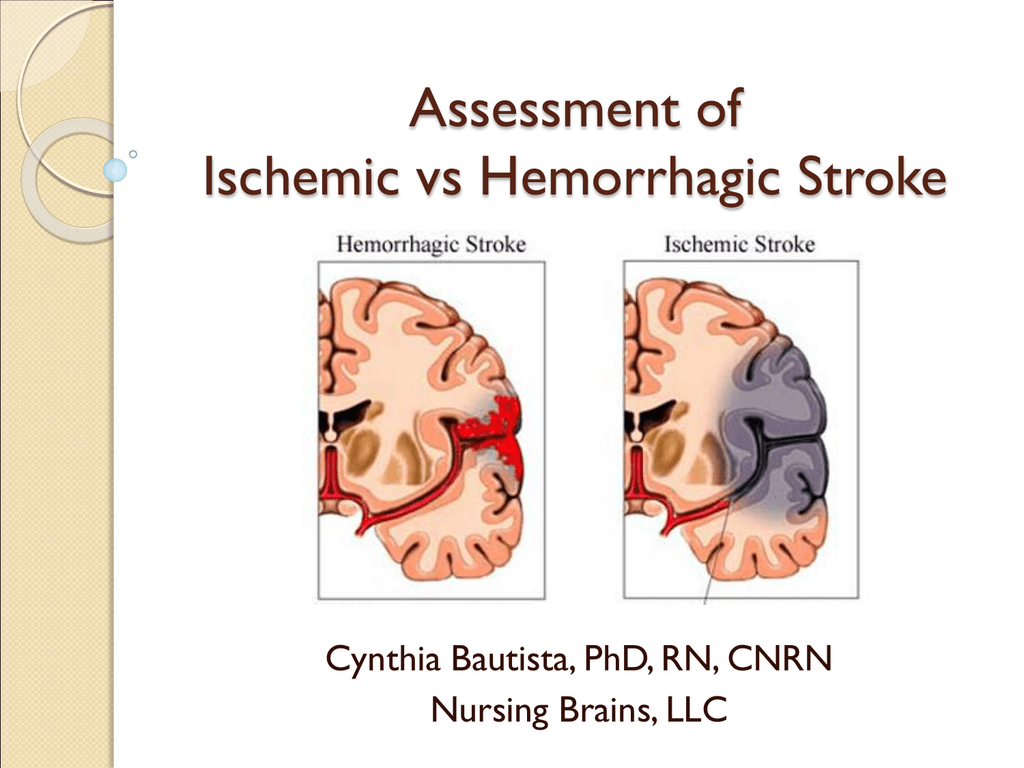 Assessment Of Hemorrhagic Vs Ischemic Stroke Cynthia Bautista
Assessment Of Hemorrhagic Vs Ischemic Stroke Cynthia Bautista
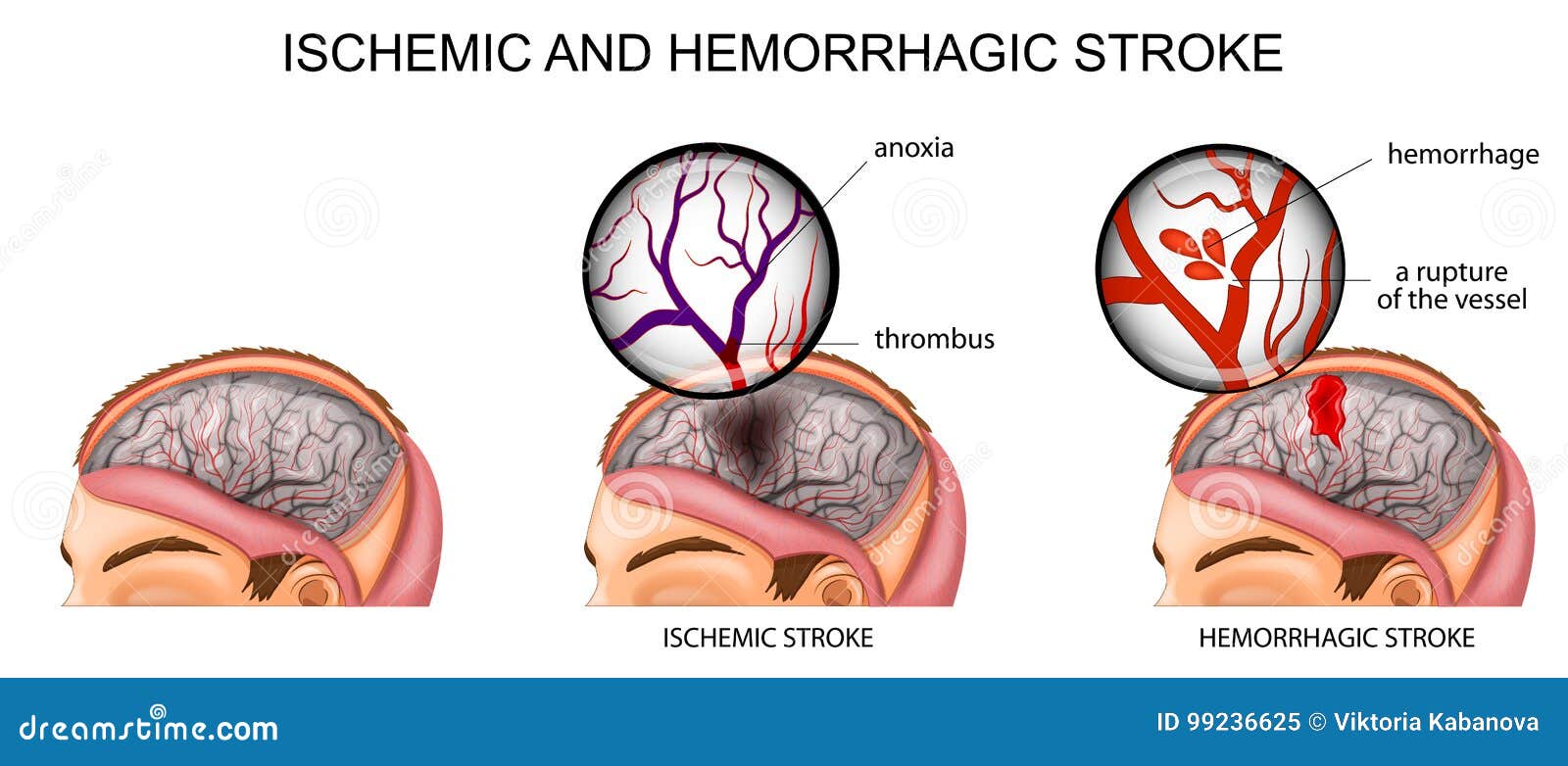 Ischemic And Hemorrhagic Stroke Stock Vector Illustration Of Ischemia Ischaemia 99236625
Ischemic And Hemorrhagic Stroke Stock Vector Illustration Of Ischemia Ischaemia 99236625
 Ischemic Versus Hemorrhagic Stroke Download Scientific Diagram
Ischemic Versus Hemorrhagic Stroke Download Scientific Diagram
 Hemorrhagic Vs Ischemic Stroke Prognosis Tpostrel
Hemorrhagic Vs Ischemic Stroke Prognosis Tpostrel
 Types Of Stroke Ischemic Vs Hemorrhagic Maidoodles
Types Of Stroke Ischemic Vs Hemorrhagic Maidoodles

Comments
Post a Comment